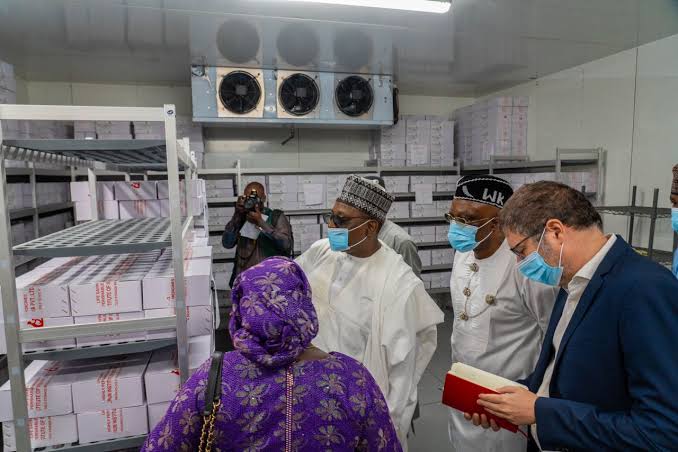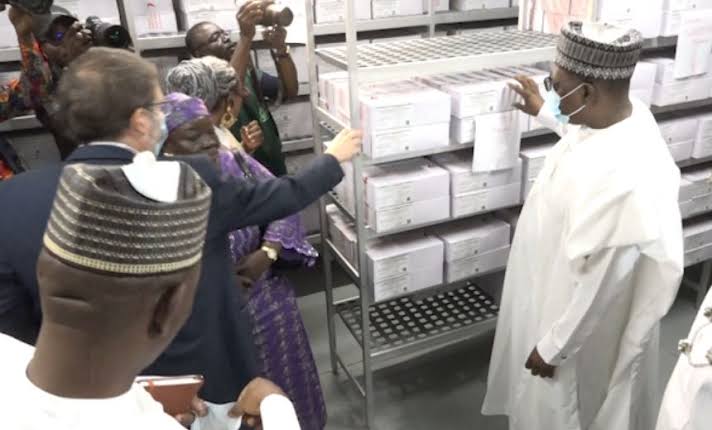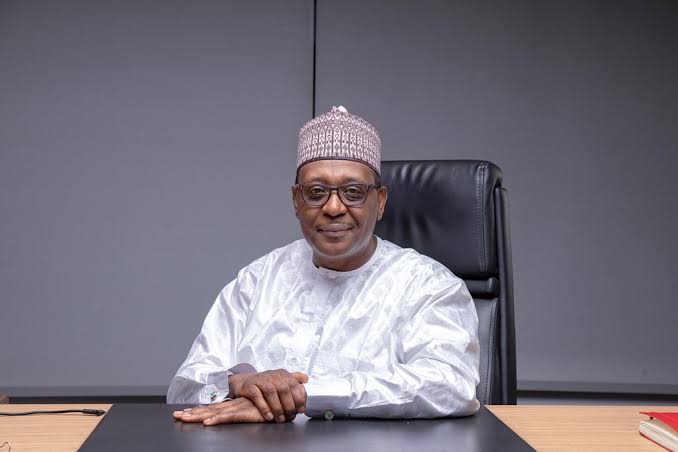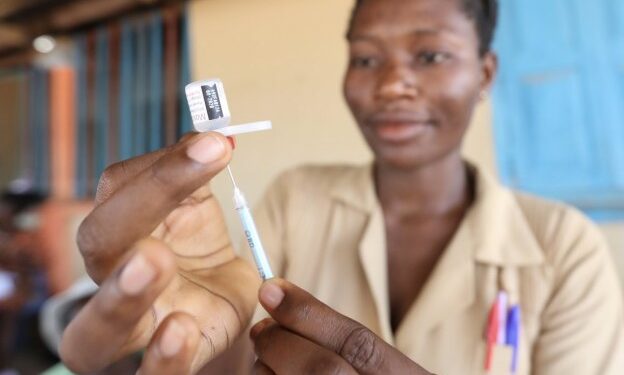The federal government of Nigeria has marked a remarkable step in its battle against malaria with the arrival of the initial shipment of 846,000 doses of the R21 malaria vaccine, a donation from Gavi, the Vaccine Alliance. This milestone represents a crucial component in the nation’s ongoing efforts to eradicate malaria, a disease that continues to have devastating impacts on public health, particularly among children.

During the official launch of the vaccine in Abuja, the Coordinating Minister of Health and Social Welfare, Professor Ali Pate, emphasized the importance of this development. He characterized the vaccine’s arrival as a pivotal moment that underscores the government’s dedication to improving health outcomes across the country. “This is a crucial milestone in the nation’s malaria eradication efforts,” he stated, highlighting the urgent need for effective solutions to combat this pervasive disease.

Professor Pate outlined the distribution plan for the vaccine, noting that the initial doses would be allocated to states with the highest malaria burden, specifically Kebbi and Bayelsa. This targeted approach aims to maximize the vaccine’s impact where it is needed most. In addition to the vaccine, the existing malaria treatment protocols will continue to be employed, ensuring a comprehensive strategy in addressing the disease.

Addressing potential concerns regarding the vaccine’s safety and efficacy, Pate reassured the public by stating that the R21 vaccine has undergone rigorous testing and has been proven to be safe and effective in preventing malaria. This assurance is vital, particularly in a landscape where vaccine misinformation can hinder public health initiatives. “Every child vaccinated against malaria gains an opportunity for a healthier life, free from the disease,” he declared, underscoring the transformative potential of the R21 vaccine for children’s health and survival.
The minister also made a passionate appeal to Nigerians to seize this opportunity, highlighting the limited availability of the vaccine and the critical need to dispel any myths or misinformation that may arise. He called for a collective effort to ensure that the vaccine reaches those who need it most, fostering a community-based approach to health awareness and education.

Furthermore, Professor Pate pointed out the necessity of a robust healthcare infrastructure to support the effective delivery of the vaccine. He stressed that substantial investments in logistics, training community health workers, and fostering partnerships will be essential to the success of this vaccination campaign. “Without a solid framework for delivery, even the best vaccine cannot fulfill its potential,” he remarked, advocating for a comprehensive strategy that includes the necessary support systems.
Dr. Muyi Aina, the Director-General of the National Primary Health Care Development Agency (NPHCDA), elaborated on the logistical aspects of the vaccine rollout. He announced that an enforcement team would be deployed to ensure the efficient delivery of the vaccines, which is a crucial step in the distribution process. “We will soon provide further announcements regarding vaccination sites and schedules,” he noted, emphasizing the agency’s commitment to transparency and public communication throughout the vaccination campaign.

In addition to the initial batch of 846,000 doses, Dr. Aina revealed that an additional 140,000 doses are expected to arrive in the coming months, with a target of one million vaccines for the first phase of the vaccination effort. This planned increase in supply indicates a proactive approach to ensuring that the vaccine is accessible to a larger segment of the population.
The R21 malaria vaccine, produced by the Serum Institute of India, is designed to be administered in two doses per vial. This dosing schedule is intended to optimize the vaccine’s effectiveness, allowing for a broader immunization strategy that can significantly reduce the incidence of malaria among vulnerable populations.
As Nigeria embarks on this critical journey toward malaria eradication, the introduction of the R21 vaccine stands as a beacon of hope. With strong government commitment, strategic planning, and community engagement, there is potential for a transformative impact on public health. The arrival of the R21 vaccine not only represents a significant advancement in medical science but also reflects a concerted effort to safeguard the health and well-being of Nigeria’s children, paving the way for a future free from the burden of malaria.


































